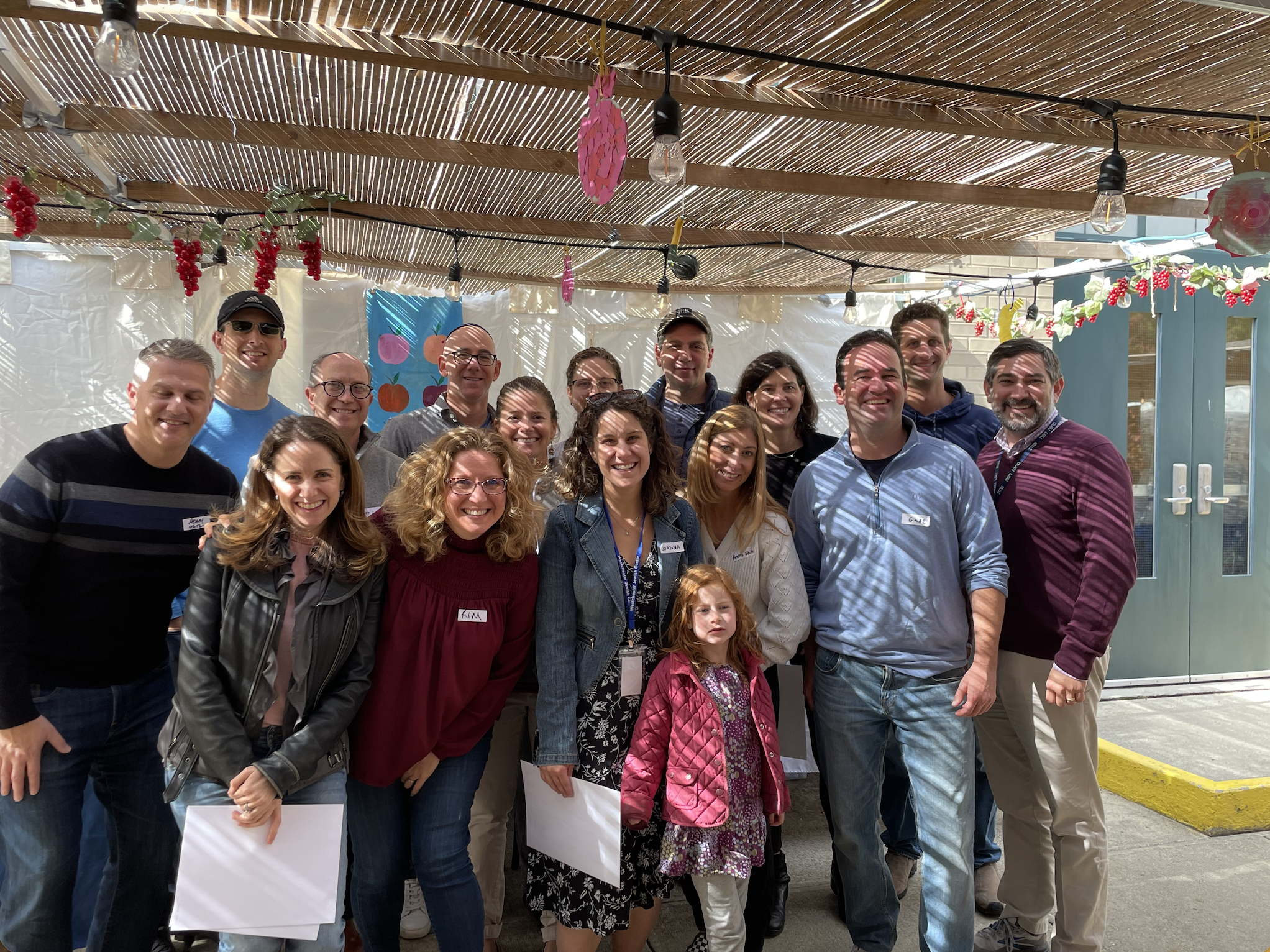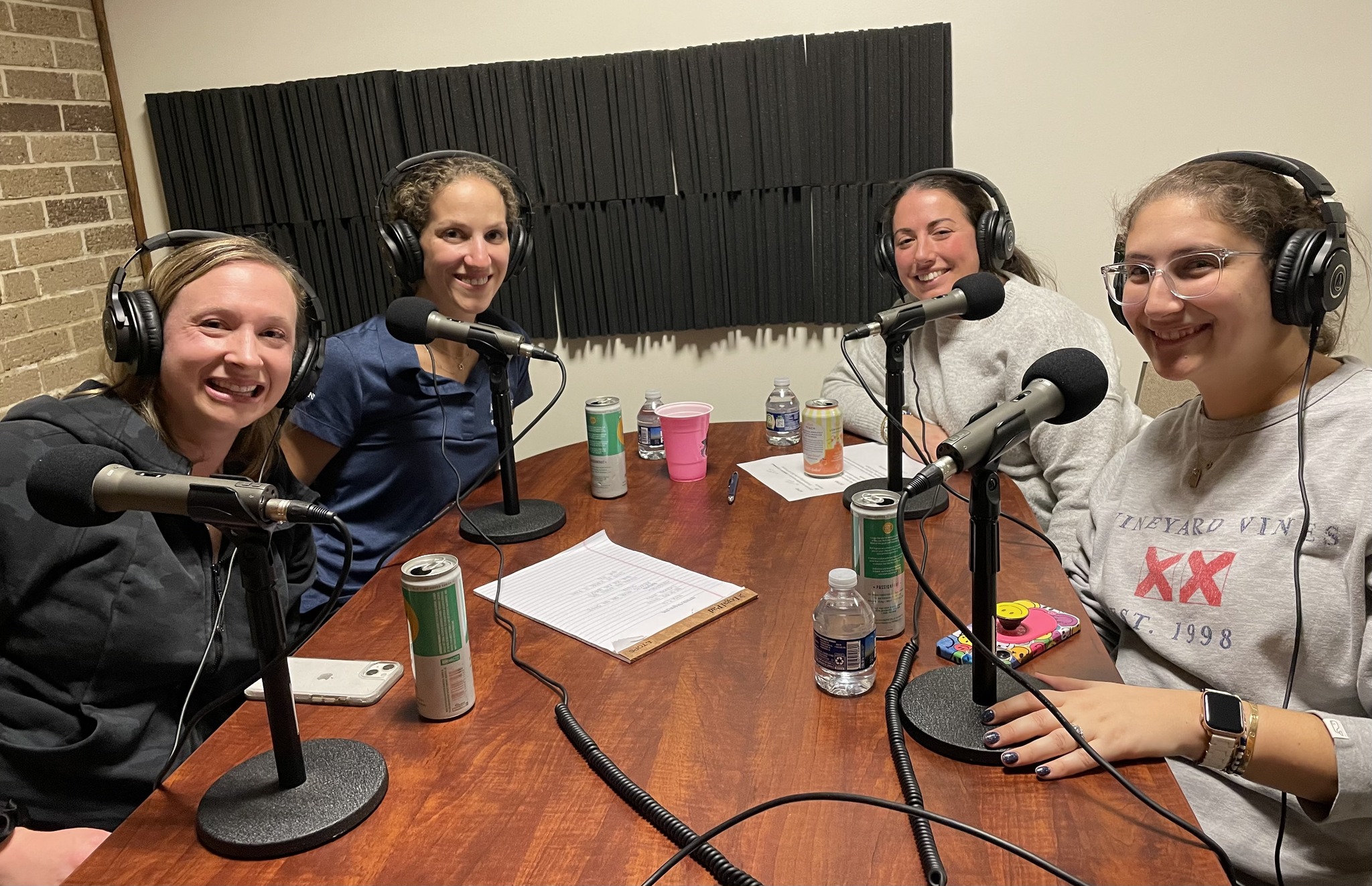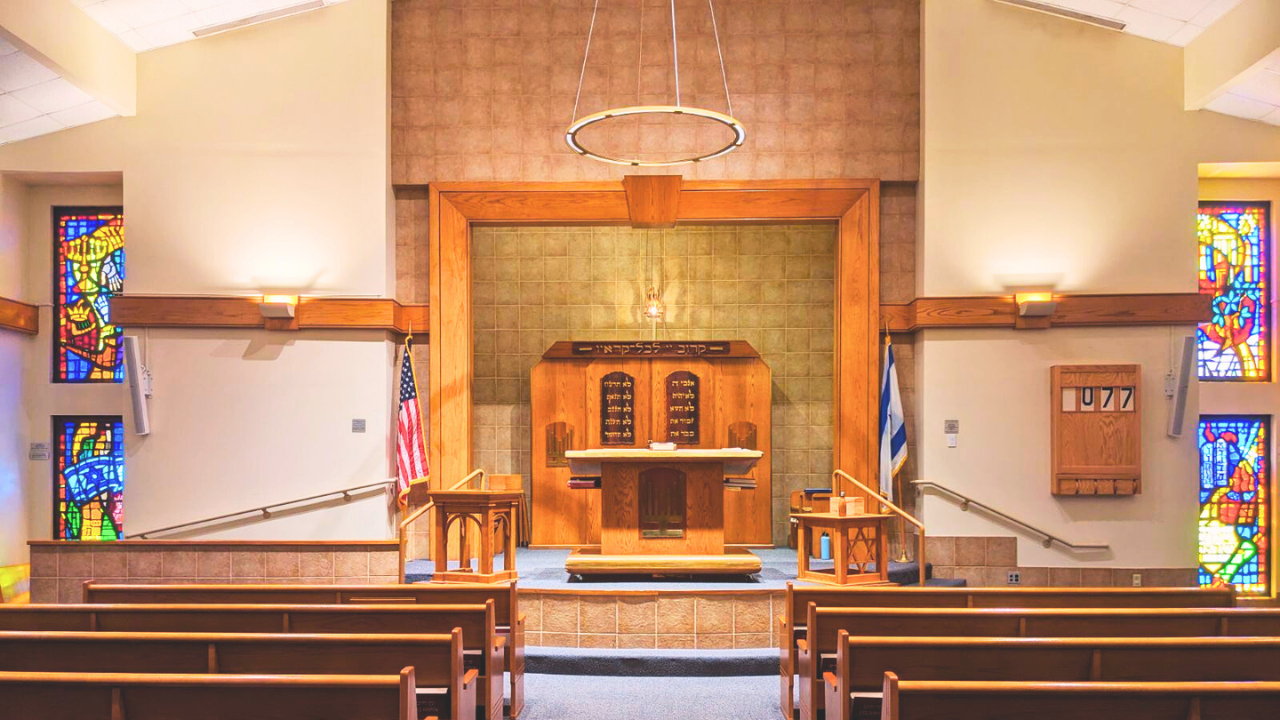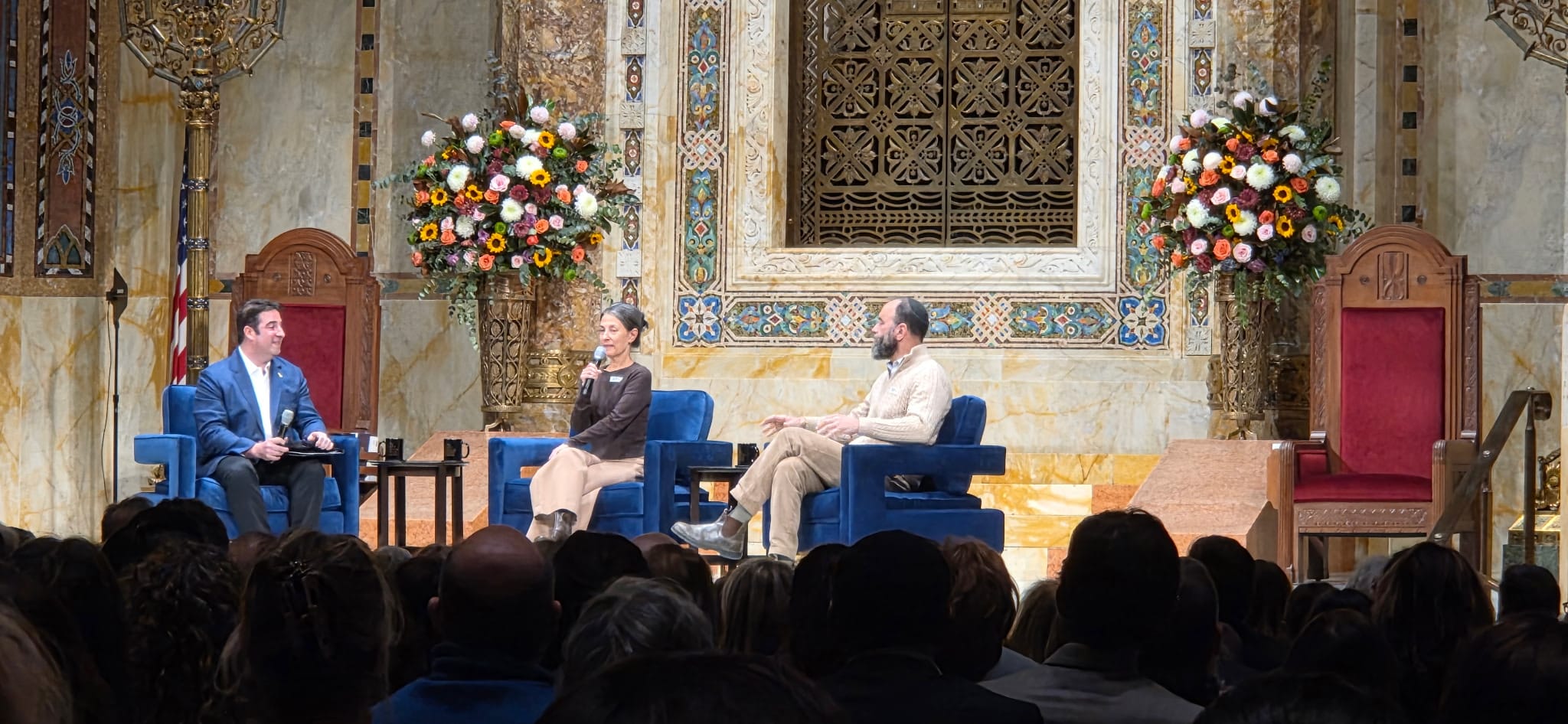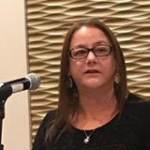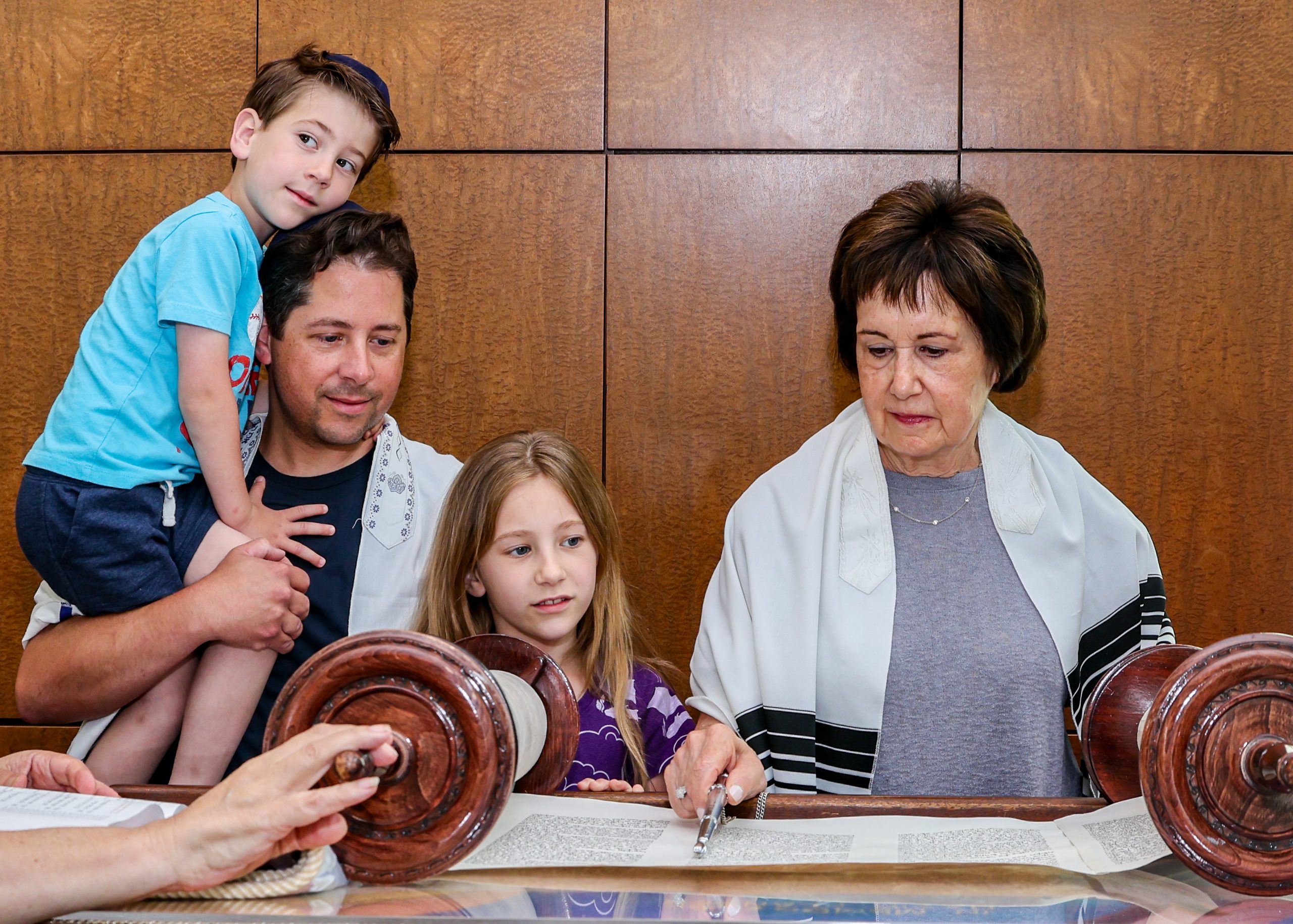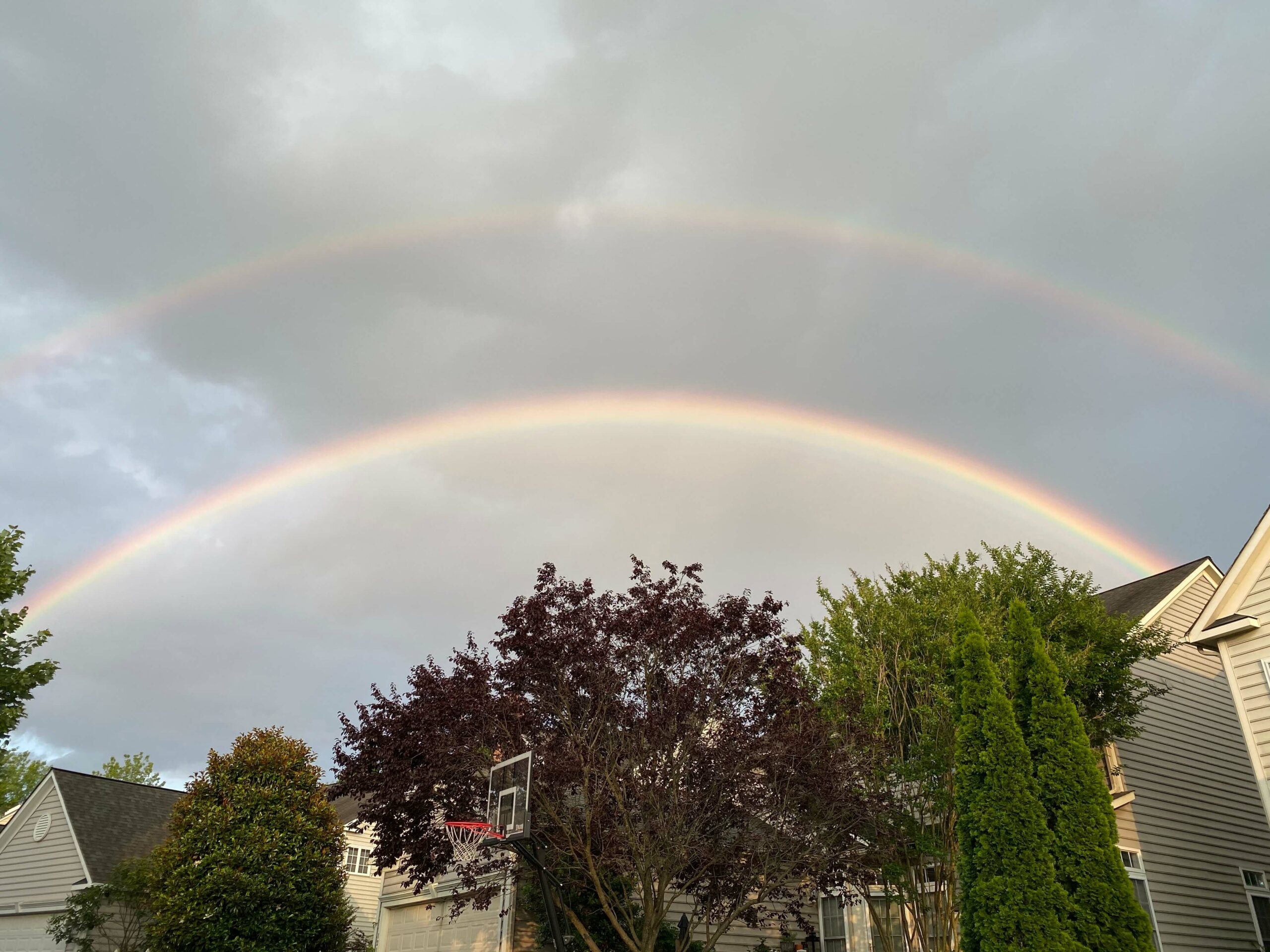
Following are excerpts from remarks delivered by Rabbi Jacob Blumenthal on his first day as joint CEO of USCJ and the RA, during a virtual staff welcome event.
A phrase I’ve been keeping in mind this whole year has been from the Talmud, “kol hat’halot kashot — all beginnings are hard.”
I know I could never have imagined this past first year leading Our RA — the blessings it would bring in developing this new partnership, and also the challenges we are facing with this pandemic. Yet here we are, and it’s very powerful to see the staffs and officers of two outstanding organizations joined together in one Zoom call. While some of us are used to some of the faces on our screens, I also know that it still feels awkward. But I hope that a year from now it will seem completely natural — that we will have a track record of joint work and experiences that will make us feel at home with one another, and where we seek one another out as we accomplish our joint mission of bringing our version of Judaism to more people in more places in more ways.
We come from many backgrounds, but I think most of us by now are familiar with the fact that Jews around the world focus on a specific part of the Torah each week. One part of this week’s portion is the story of the Moabite prophet Bilaam. He is a reluctant prophet, who is sent on a journey by his King, Balak, to curse the Israelites, but is also sent by God to offer blessings.
Bilaam rides a donkey, and while on their journey, they get stuck in a narrow space. The donkey sees a holy angel brandishing a sword in their path and refuses to move. Bilaam the prophet doesn’t see the angel or the sword, and is frustrated by the what he perceives to be the stubbornness of the donkey. He starts beating the animal.
The Torah adds a surprise twist — the donkey turns and speaks to her rider. To paraphrase. “Hey,” she says. “Why are you hitting me? Haven’t you ridden me many times? Have I ever refused to move?” Bilaam is forced to say, “No” — you’ve never been stubborn like this before.
Then God opens God’s eyes to see the angel holding the sword in front of him.
Bilaam doesn’t apologize, but he should have.
As I assume these new responsibilities, and as our two organizations come together in our joint work, there will be moments of frustration. I am sure of it. We will disagree about the path ahead. We will have different perspectives. We will think we are moving to quickly or too slowly.
We have individual track records, but it will take time to form the relationship of interdependence and trust that is required for our work together, so we can agree on what is in front of us, and move ahead together.
Yesterday I saw a double rainbow from outside my garage (see photo). In Genesis, the rainbow is a sign of the covenant — God’s promise to humanity to never let anger get the better of God, and to always preserve humanity.
Today we are forming a covenant between our organizations, and I saw the rainbow yesterday as a powerful sign and reminder of what we are seeking to build — a strong and caring relationship as we bring the promise and inspiration of God’s covenant to our broader community.
Indeed, kol hathalot kashot — beginnings are challenging. But the letters of the Hebrew word “kashot” also spell “keshet” — what emerges from storminess is a rainbow that brings beauty and promise to our work and our lives. I wish us many such blessings in our work together.
Today is a beginning, but also marks the end of the program and fiscal years for both our organizations. Despite so many challenges, both of our organizations have reached new levels of flexibility and relevance in meeting the needs of our members and the broader community. We have met our goals for fundraising and dues collection. We have adapted to working from home and over Zoom. So many of you have worked extra hours, balanced the needs of family with the demands of our work — there isn’t enough gratitude for all that you have done, and all that we will do.
Now our work begins. Kol hat’haklot kashot — all beginnings have their challenges. But you can’t start without them. May this beginning bring blessings and rewards for our own work experience, for our rabbis around the world, our congregations throughout North America, the Jewish people, and all humanity.

